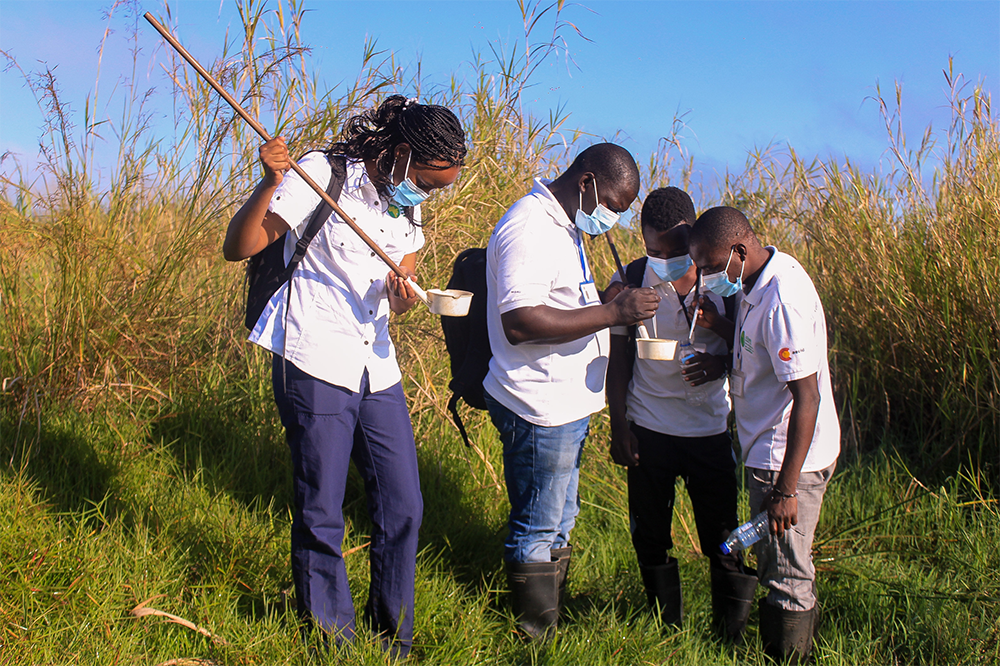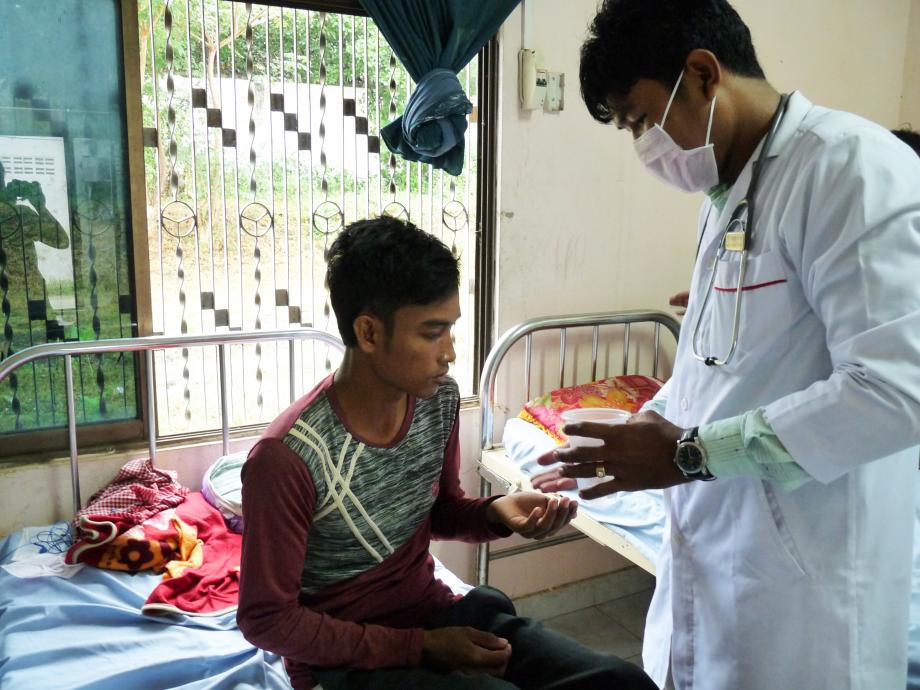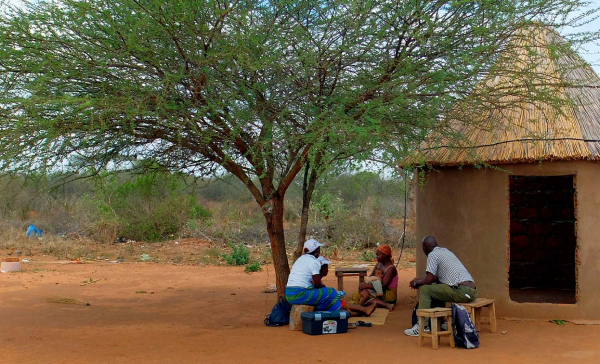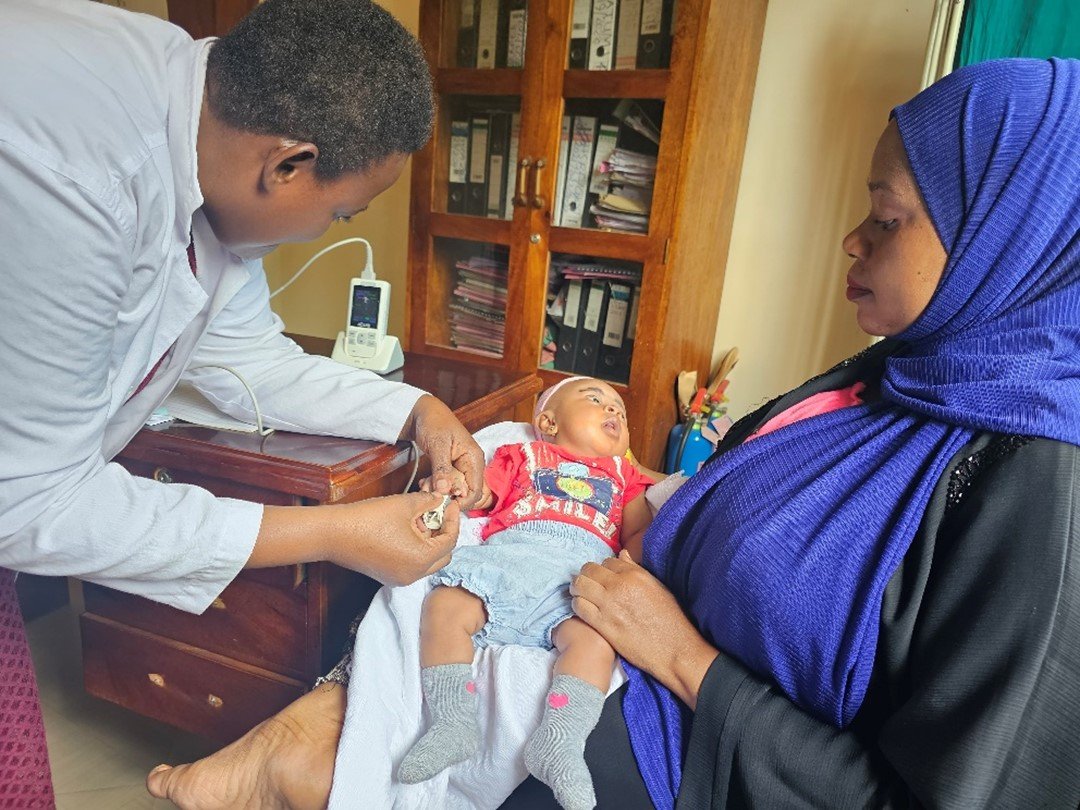The problem
In 2020 when the project began, there were an estimated 241 million cases of malaria reported worldwide, and an estimated 627,000 malaria-related deaths – more than three-fourths of which were among children under five. Climate change is exacerbating the situation, with extreme weather events like flooding and heat waves driving malaria outbreaks. At the same time, antimalarial drug resistance and mosquito behavioral adaptations that allow them to evade treated mosquito nets and indoor residual sprays, are reducing the effectiveness of vector control, which remains the most effective strategy for fighting malaria. Addressing these challenges requires innovative vector control strategies.
Our response
Ivermectin, a drug used widely in veterinary medicine to kill parasites, may be able to interrupt malaria transmission by killing mosquitos when they bite humans and thus reduce malaria rates. Our IMPACT project, led by MedinCell, is working to develop a long-acting injectable version of this drug. If proven safe, effective, and acceptable, long-acting injectable ivermectin would be easier to distribute and administer within communities and in remote areas to help reduce malaria transmission and support global malaria-fighting efforts.







